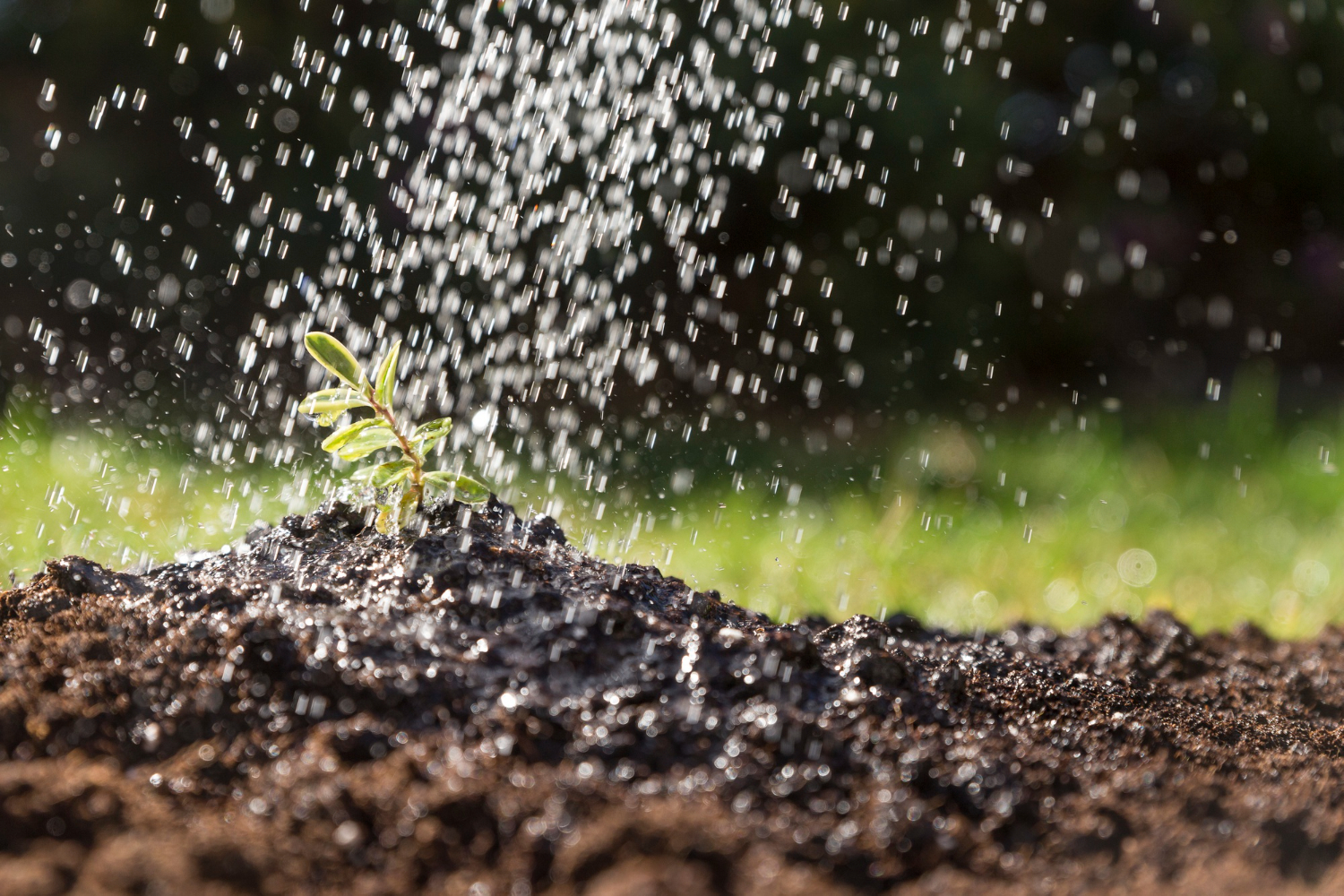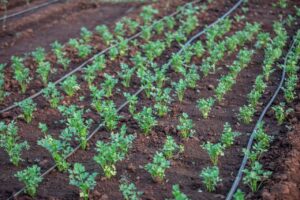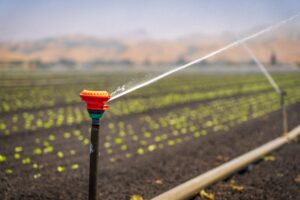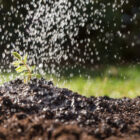
Sustainable Farming Systems: Water-Saving Methods That Thrive in Any Weather
The importance of water conservation in agriculture
Water is the lifeblood of agriculture. Without it, crops can’t grow, livestock can’t thrive, and farms can’t flourish. However, climate change and population growth are intensifying the demand for water, farmers worldwide are feeling the pressure to find smarter, more efficient ways to conserve this precious resource. Adopting water-saving methods, can help farmers sustain their yields and also protect local ecosystems and reduce operational costs. More importantly, these practices help build a more resilient agricultural system that can thrive in any weather condition.
Innovative irrigation techniques: Drip vs. Sprinkler systems

When it comes to irrigation, the choice of system can make all the difference in water efficiency. Many farmers are turning to drip irrigation because it delivers water directly to the roots of the plants, reducing waste from evaporation and runoff. This method is especially effective in arid regions or for high-value crops.

Image credit: www.pexels.com
Sprinkler systems on the other hand, can cover larger areas and are adaptable to a wide variety of crops, but they can lose more water to evaporation, especially in windy or hot climates. It’s important for farmers to assess their unique needs and conditions to choose the system that maximizes water savings.
Improving soil health for increased water retention capacity
Healthy soil is a farmer’s greatest ally when it comes to water conservation. Practices like cover cropping, reduced tillage, and the use of organic amendments can significantly improve soil structure, helping it retain more moisture. This means less need for irrigation, as the soil is better equipped to hold onto the water it receives. Moreover, healthy soil promotes beneficial microbial activity, which boosts nutrient cycling and plant health.
Focusing on soil health allows farmers to conserve water while creating a sustainable foundation that supports long-term productivity, even as climate conditions change.
Crop Selection and Rotation: Choosing resilient varieties
Picking the right crop varieties can be a game-changer for water efficiency. Drought-resistant and heat-tolerant crops are key to thriving in regions where water is scarce. Choosing the right crops is important, yet crop rotation plays an equally crucial role in optimizing water use and maintaining soil health. Rotating crops helps prevent soil depletion and reduces pest buildup, resulting in stronger, more resilient crops that require less water.
This method also promotes biodiversity which contributes to the overall resilience of farming systems, helping farmers adapt to and mitigate the effects of climate change.
Smart farming solutions for efficient water use
Today’s farmers have access to cutting-edge tools that can significantly improve water management. Smart farming technologies, such as soil moisture sensors and automated irrigation systems, allow for precise water application based on real-time data. This ensures that crops get exactly the amount of water they need, no more and no less, which helps optimize water use and boost yields.
Additionally, tools like data analytics and predictive modeling provide farmers with insights that can help them make informed decisions about when and how much to irrigate. These technologies are not just about saving water, they’re about increasing the overall efficiency and sustainability of farm operations.
Phoebe Mwangangi’s Climate-Smart Approach in Kenya
Farmers like Phoebe Mwangangi from Kenya are leading the charge in adopting climate-smart practices to safeguard their farms and ensure sustainability. Through partnerships with organizations like AICCRA, Phoebe has embraced water-saving techniques such as drip irrigation and rainwater harvesting. These innovations have allowed her to maintain crop productivity while significantly reducing water usage. Phoebe’s farm is now more resilient in Kenya’s increasingly unpredictable weather patterns, setting an example for other small-scale farmers across Africa.

Image credit: www.freepik.com
Embracing these practices has allowed Phoebe to protect her livelihood and contribute to broader efforts toward a sustainable future for African agriculture. Farmers across the continent look to her and others as role models for adapting to climate change while enhancing productivity.
Farmers across Africa are embracing soil health, smart irrigation systems, and other innovative water-saving methods, enabling them to continue farming amid a changing climate. With a strong focus on sustainable practices, these farmers ensure their land stays productive and that their farms can thrive in any weather. Through partnerships and access to new technologies, farmers like Phoebe Mwangangi are proving that sustainable farming systems can be both feasible and profitable. This approach not only benefits individual farmers but also strengthens the entire agricultural sector and safeguards the environment for future generations.
Want to thrive in any weather? Focus on your soil, choose your crops wisely, explore innovative irrigation techniques, and consider investing in smart farming technology. By adopting these sustainable farming methods, you can protect your yields and contribute to a greener, more resilient future!



